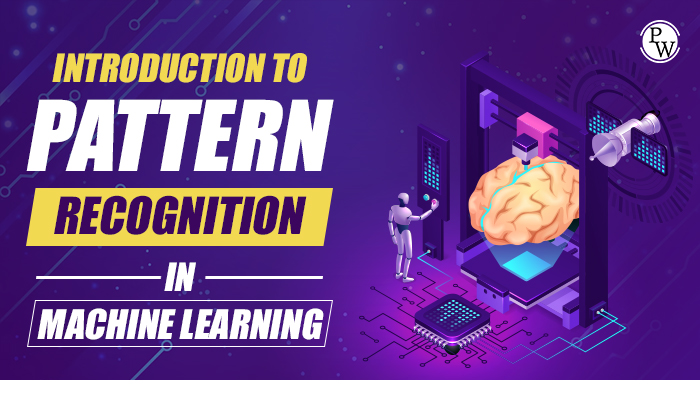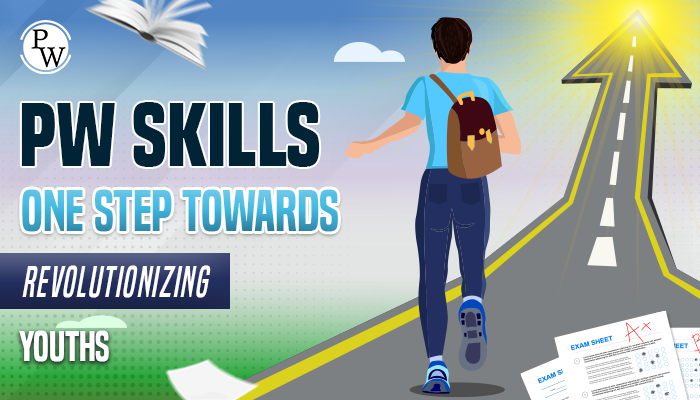Artificial Intelligence (AI) has become one of the most transformative technologies of our time, revolutionizing various industries and aspects of everyday life. For those interested in delving into the fascinating world of AI, a good starting point is to explore books that cater to beginners.
These books present complex AI concepts in an accessible and easy-to-understand manner. This article will highlight the top 15 AI books for beginners, each offering unique insights and valuable knowledge.
Recommended Course
- Decode DSA with C++
- Full Stack Data Science Pro Course
- Java For Cloud Course
- Full Stack Web Development Course
- Data Analytics Course
Best Artificial Intelligence Books For Beginners
Listed below are some popular artificial intelligence books for beginners. These books will help students gain insights into the new technologies in IT field.
“Artificial Intelligence: A Guide for Thinking Humans” by Melanie Mitchell
Melanie Mitchell’s book is a delightful exploration of AI’s history, principles, and limitations. Using analogies and examples, the author demystifies complex AI concepts, making them accessible even to readers with little technical background. This book offers a solid foundation for anyone interested in understanding AI’s impact on society.
“Automate This: How Algorithms Came to Rule Our World” by Christopher Steiner
Christopher Steiner delves into the fascinating story of how algorithms have revolutionized various industries. The book explains how AI-driven systems are reshaping finance, healthcare, and other sectors through captivating real-life examples, making it an engaging read for beginners.
“AI Superpowers: China, Silicon Valley, and the New World Order” by Kai-Fu Lee
Kai-Fu Lee, a leading AI expert, provides a unique perspective on the global AI race, focusing on China and Silicon Valley. The book discusses the potential societal impact of AI and its implications for the job market, offering valuable insights into the AI landscape.
“The Hundred-Page Machine Learning Book” by Andriy Burkov
Ideal for beginners, this concise book by Andriy Burkov offers a practical and straightforward introduction to machine learning concepts. It covers critical algorithms, explains their implementation, and includes code examples to help readers grasp the material quickly.
“Machine Learning for Dummies” by John Paul Mueller and Luca Massaron
As part of the “For Dummies” series, this book provides a beginner-friendly approach to machine learning. It explains complex AI jargon, algorithms, and tools, making it accessible for those new to the subject.
“Python Crash Course” by Eric Matthes
Python is a widely used programming language for AI and machine learning. This book is an excellent introduction to Python, focusing on hands-on projects to help beginners gain confidence in coding before diving into AI applications.
“Artificial Intelligence Basics: A Non-Technical Introduction” by Tom Taulli
Written for readers with little technical background, Tom Taulli’s book provides a comprehensive overview of AI. It discusses AI’s history, applications, and potential challenges, offering a balanced perspective on the topic.
“Data Science for Business” by Foster Provost and Tom Fawcett
Data science and AI go hand in hand. This book introduces data science concepts in a business context, making it ideal for beginners seeking to understand how AI is employed to make informed decisions and gain a competitive edge.
“Superintelligence: Paths, Dangers, Strategies” by Nick Bostrom
Nick Bostrom delves into the philosophical aspects of AI, exploring its potential to surpass human intelligence and the implications of superintelligence. While this book is more advanced than others on the list, it’s a thought-provoking read for those interested in the future of AI.
“The AI Book: The Artificial Intelligence Handbook for Investors, Entrepreneurs, and FinTech Visionaries” by Susanne Chishti and Ivana Bartoletti
This comprehensive handbook caters to entrepreneurs and investors interested in AI’s practical applications. It covers various industries and showcases how AI is transforming businesses worldwide.
“Artificial Intelligence: Foundations of Computational Agents” by David Poole and Alan Mackworth
Despite being more technical than other books on this list, it offers an in-depth introduction to AI concepts. It’s an excellent choice for readers willing to delve deeper into the theoretical aspects of AI.
“Life 3.0: Being Human in the Age of Artificial Intelligence” by Max Tegmark
Max Tegmark’s book ventures into the future implications of AI, contemplating how it may shape humanity. The book explores potential challenges and ethical considerations while maintaining an accessible tone for beginners.
“The Big Nine: How the Tech Titans and Their Thinking Machines Could Warp Humanity” by Amy Webb
Amy Webb investigates the dominant tech companies’ roles in shaping AI’s future and its potential consequences for society. It serves as a wake-up call for beginners to consider the broader societal impact of AI development.
“Predictive Analytics: The Power to Predict Who Will Click, Buy, Lie, or Die” by Eric Siegel
Eric Siegel’s book focuses on predictive analytics, a crucial aspect of AI. It introduces the concepts and applications of predictive modeling without diving too deep into technicalities.
“Artificial Intelligence For Everyone” by Andrew Ng
A prominent AI expert, Andrew Ng offers a beginner-friendly introduction to AI concepts and their potential applications. The book provides a practical understanding of AI’s role in our lives and suits readers from all backgrounds.
PW Skills Provide Various Platform
Frequently Asked Questions
Q1. What is Artificial Intelligence (AI)?
Ans. Artificial Intelligence, often abbreviated as AI, is a branch of computer science that aims to create intelligent machines capable of performing tasks that typically require human intelligence. These tasks may include problem-solving, learning from experience, understanding natural language, recognizing patterns, and making decisions.
Q2 Is AI the same as robots?
Ans. No, AI and robots are not the same. AI refers to the intelligence exhibited by machines, while robots are physical machines or devices that can be programmed with AI to perform tasks autonomously.
Q3. What are some real-life applications of AI?
Ans AI has a wide range of applications in various industries, including:
- Natural Language Processing (NLP) for virtual assistants like Siri and Alexa.
- Machine learning algorithms for personalized recommendations on streaming platforms.
- AI-powered chatbots for customer support.
- Computer vision for facial recognition and object detection.
- AI in healthcare for diagnosis and treatment planning.
- Autonomous vehicles with AI for self-driving capabilities.
Q4. Do I need programming skills to learn AI?
Ans. While having some programming knowledge can be helpful, it’s optional for beginners. Many introductory AI resources use user-friendly tools and visual interfaces that don’t require extensive programming skills. However, learning programming, particularly languages like Python, can be advantageous for more advanced AI applications.
Q5 What are the best programming languages for AI?
Ans. Python is widely regarded as one of the best programming languages for AI and machine learning due to its simplicity and a rich ecosystem of AI libraries, such as TensorFlow and PyTorch. Other languages like R and Java are also used in specific AI applications.
Recommended Reads
Data Science Interview Questions and Answers
Data Science Internship Programs






